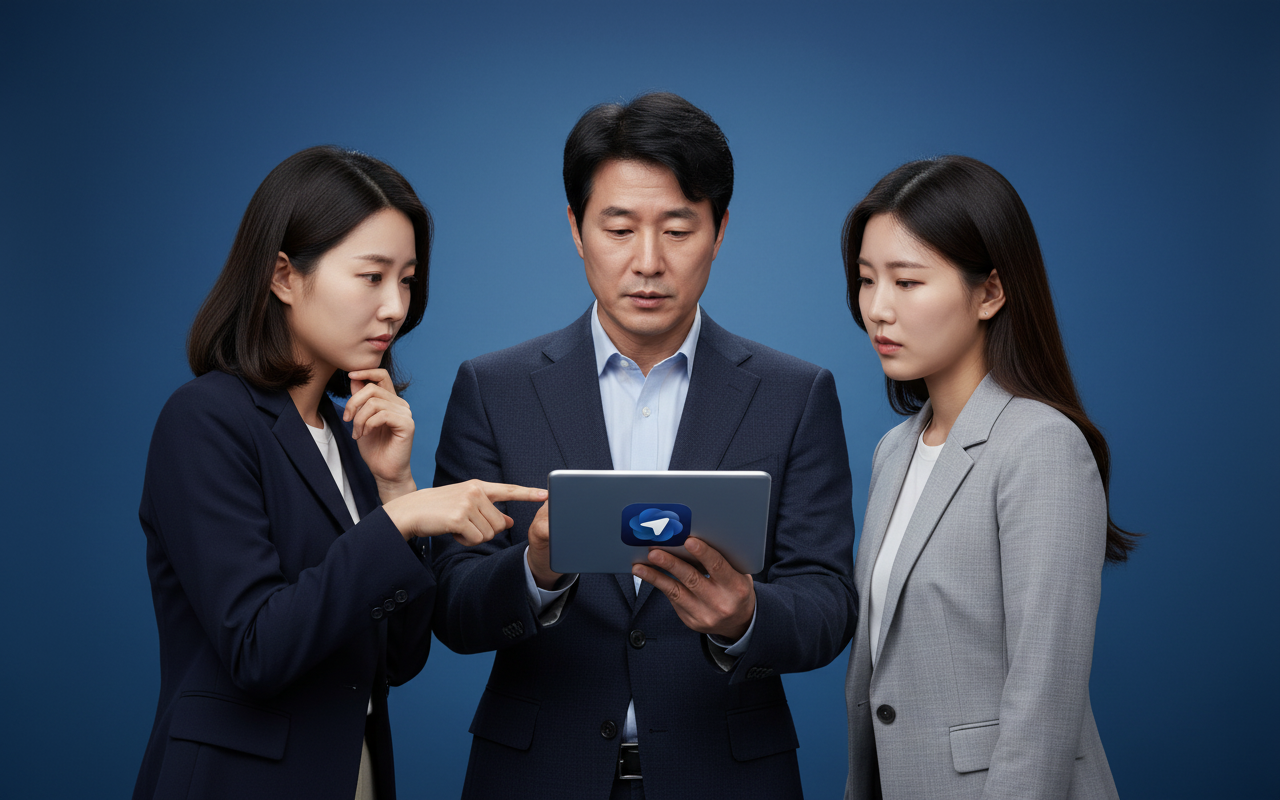#기술
OpenAI Unveils "Atlas" Browser, Aiming to Tackle Climate Change

OpenAI Launches "Atlas" Browser to Combat Climate Change
OpenAI has captured the technology industry's attention with the launch of a new web browser called "Atlas" last week. This launch is interpreted as more than just a technological advancement; it demonstrates OpenAI's proactive commitment to addressing the global issue of climate change. The Atlas browser focuses on providing users with more efficient access to information while raising awareness of environmental issues and facilitating related data analysis. In particular, OpenAI expects that the data collected through the Atlas browser will support climate change-related research and contribute to finding innovative solutions. This move is seen as an important example of a technology company fulfilling its social responsibility and participating in efforts for a sustainable future. It remains to be seen what positive impact OpenAI's Atlas browser will have on climate change response. Rhiannon Williams, in her October 27, 2025 article on The Download, highlighted the launch of OpenAI's Atlas browser, arguing that it demonstrates OpenAI's commitment to addressing climate change rather than just being a technological advancement. Williams predicted that the Atlas browser will provide users with more efficient access to information and contribute to raising awareness of environmental issues. She also expressed hope that the data collected through the Atlas browser would support climate change-related research and contribute to finding innovative solutions. Williams' analysis emphasizes that the Atlas browser is part of OpenAI's efforts to fulfill its social responsibility in addition to its technological innovation, and anticipates its positive impact. The tech industry anticipates that OpenAI's move will positively influence other companies, leading more to actively participate in solving social problems. A Climate Tech Roundtable event is scheduled for Tuesday, October 28, 2025, at 1:00 PM ET. This Roundtable event, along with the launch of the Atlas browser, is expected to deepen discussions on climate change response and provide an important platform for gathering opinions from various experts. The Roundtable event is expected to involve in-depth discussions with experts in the field of climate technology, as well as policymakers, corporate representatives, and other stakeholders. In particular, discussions are expected to focus on climate change prediction and response measures using data collected through the Atlas browser, new technology development trends, and policy support measures. This Roundtable event is expected to be an important opportunity to explore multilateral cooperation for solving climate change issues and to urge practical action. U.S. President Donald Trump has stated that he will meet with Chinese President Xi Jinping this week to discuss a TikTok deal. Additionally, U.S. Treasury Secretary Scott Besent has announced that a deal between the U.S. and China has already been finalized. This meeting is expected to be a significant turning point in trade relations between the U.S. and China. In particular, the TikTok deal is a central part of the conflict surrounding technological competition and data security issues between the two countries, and it remains to be seen whether the meeting will improve relations between the two countries. U.S. President Donald Trump and President Xi Jinping are scheduled to meet at the ASEAN Summit in South Korea this week, and it remains to be seen whether the meeting will lead to new cooperation between the two countries. South Korean President Lee Jae-myung is also expected to attend the ASEAN Summit and continue discussions with U.S. President Donald Trump and President Xi Jinping to promote peace and prosperity on the Korean Peninsula. Senior economic officials from the United States and China have established a preliminary framework for a new trade agreement. This agreement focuses on resolving trade imbalances between the two countries and creating a fair competitive environment. In particular, U.S. Treasury Secretary Scott Besent announced at the Kuala Lumpur meeting that President Trump had avoided proposing a 100% tariff on Chinese imports scheduled for November 1. This is interpreted as a positive sign that trade tensions between the two countries may be easing. Additionally, China has announced plans to postpone its rare earth mineral licensing system for one year. Rare earths are key materials for high-tech industries, and China's export restrictions on rare earths have raised serious concerns in the international community. This postponement of the licensing system is expected to alleviate international concerns and contribute to building a stable supply chain. This discussion, held in conjunction with the ASEAN Summit, is expected to have a positive impact not only on improving relations between the U.S. and China, but also on the economic stability of the Asian region.#openai#atlas browser#climate change#roundtable event#donald trump#xi jinping#tiktok deal#scott bessent
